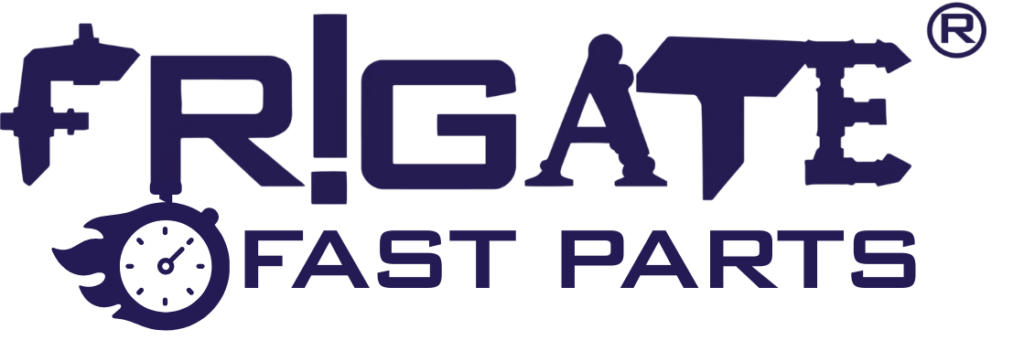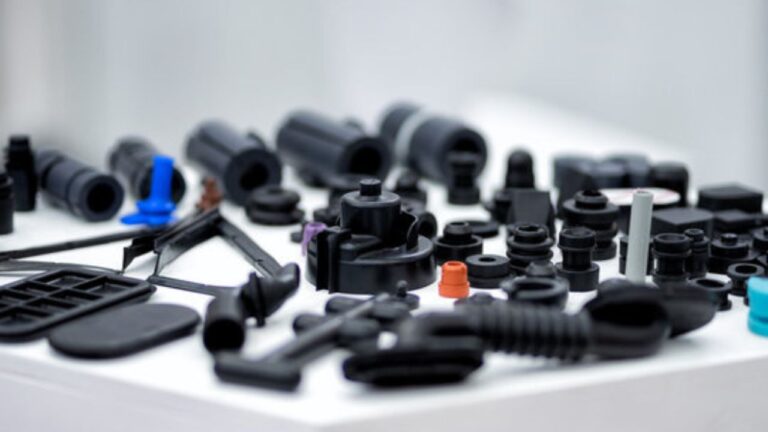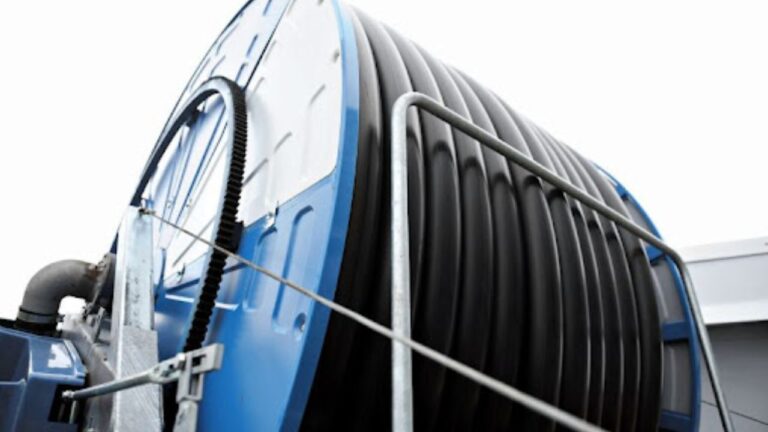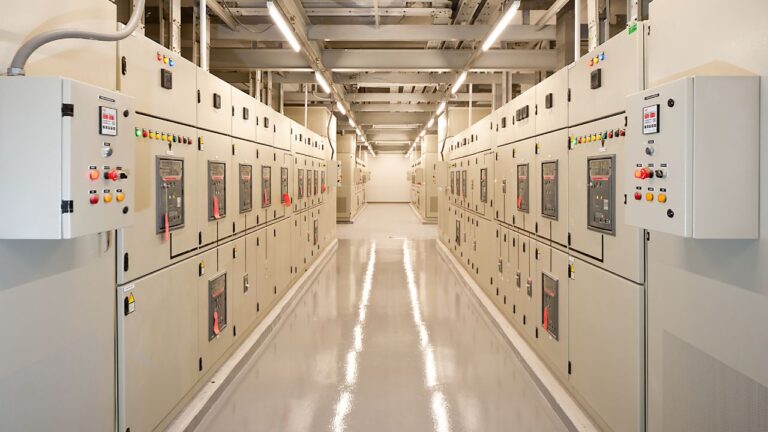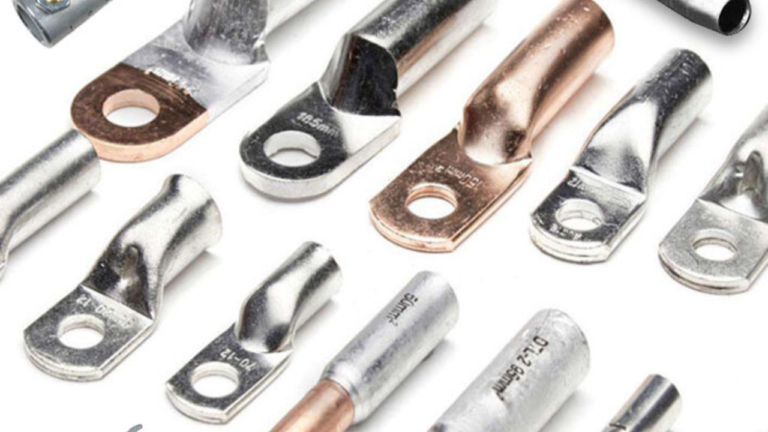CNC Milling Services for Biotechnology & Laboratory Equipment
Frigate specializes in high-accuracy CNC milled components for biotechnology and laboratory equipment. Our machining centers meet dimensional consistency and cleanroom-grade finish requirements across research instrumentation and production hardware.
Our Clients



































- Precision in Every Pass
Capabilities for Biotech Manufacturing
Our CNC milling framework applies toolpath verification and coordinate metrology to ensure accuracy in every contour and recess.
Cryogenic Milling for Thermoplastics
Sub-zero temperature milling prevents heat buildup in sensitive polymer substrates, ideal for bioassay platforms and cartridge interfaces.
Non-Ferrous Micro Pocketing
Micro-tooling achieves cavity geometries below 0.2 mm without edge smearing, suitable for microfluidic or reagent dispensing systems.
Gradient Tolerance Correction
Real-time machine feedback corrects axis drift across curved or angled planes, allowing tight control in parts with compound features.
- Inside Process
Our CNC Milling Method
Machining paths follow CAD-derived geometries while live tooling diagnostics reduce dimensional variation during extended batch runs.

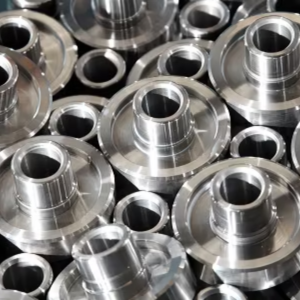
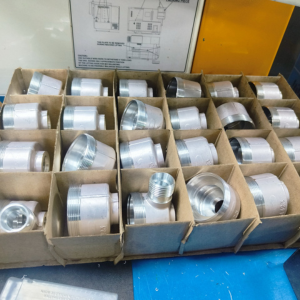
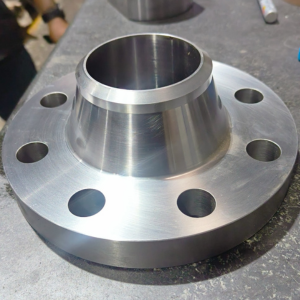

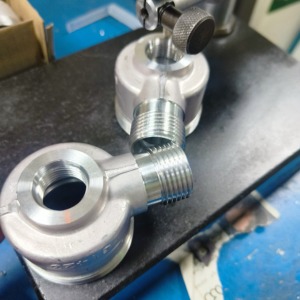
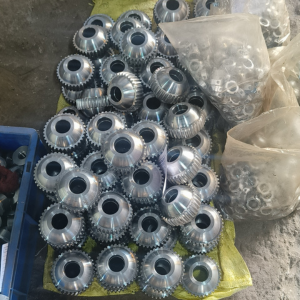
Engineers design the part using CAD (Computer-Aided Design) software. The design includes all dimensions and specifications.
The CAD design is converted into CNC code, often using CAM (Computer-Aided Manufacturing) software. This code tells the milling machine how to move and cut the material.
Operators prepare the CNC milling machine by securing the material (workpiece) and installing the appropriate cutting tools.
The CNC machine reads the code and starts milling. The cutting tool rotates and moves along multiple axes to remove material from the workpiece and shape it into the desired part.
The machine monitors the cutting operations throughout the process. Operators may make adjustments to ensure precision and quality.
After milling, the part may undergo additional processes like deburring or polishing to achieve the final specifications.
The finished part is thoroughly inspected to meet all design requirements and tolerances.
- Real Impact
Words from Clients
See how global OEMs and sourcing heads describe their experience with our scalable execution.
“Quick turnaround and solid quality.”
“The instant quote tool saved us time, and the parts were spot-on. Highly recommend Frigate!”
“Great service, fair price, and the parts worked perfectly in our assembly.”
“Top-notch machining and fast shipping. Very satisfied with the results.”
“Frigate delivered high-quality parts at a competitive price. The instant quote tool is a huge plus for us!”
“We appreciate the precision and quality of the machined components in the recent delivery—they meet our specifications perfectly and demonstrate Frigate’s capability for excellent workmanship.”
“Flawless execution from quote to delivery.”
“The precision on these parts is impressive, and they arrived ahead of schedule. Frigate’s process really stands out!”
“Parts were exactly as spec’d, and the instant quote made budgeting a breeze.”
“Good value for the money.”
“The finish was perfect, and the team was easy to work with.”
- Surface Quality
Finishing Outcomes for Biotech Parts
Our Finishing processes refine critical dimensions and contact areas for biomedical enclosures, ensuring performance in clean-critical assemblies.
Anodizing
Give your aluminum parts a tough, corrosion-resistant shield with anodizing, reaching surface hardness up to HV 500, while enhancing electrical insulation and durability.
Mechanical Finishing
Smooth out imperfections and refine surfaces to Ra 0.2 µm or better with mechanical finishing techniques like grinding, polishing, and bead blasting.
Heat Treatment
Boost material strength and hardness by heat treating parts at temperatures up to 1100°C, ensuring they meet the mechanical demands of your application.
Electroplating
Add protective or functional metal coatings with electroplating, delivering consistent layers as precise as ±2 µm for improved corrosion resistance and conductivity.
Our Machined Products
We support your production needs with CNC-machined parts, subassemblies, and performance-critical components.
- Application-Ready Alloys
Materials for CNC Milling
We machine aluminum, stainless steel and other stable substrates suited to biotech use cases. These materials resist corrosion, thermal cycling, and contamination transfer.
- 316L stainless retains mechanical integrity in autoclave cycles
- Cutom alloys withstands chemical exposure from assay reagents
- Aluminum 6061-T6 balances machinability with strength for instrument bodies
A2 Tool Steel is a high-carbon, high-chromium steel known for its toughness and wear resistance. It’s ideal for producing durable, high-strength parts that can withstand heavy use.
Aluminum is a lightweight, corrosion-resistant metal with good machinability. Because of its strength-to-weight ratio, it’s commonly used in aerospace, automotive, and various industrial applications.
Brass is a copper-zinc alloy known for its machinability and corrosion resistance. It’s used for components requiring precise detailing and good mechanical properties.
Bronze is a copper-tin alloy with excellent wear resistance and strength. It’s often used for bushings, bearings, and other friction-prone components.
Cast Iron is known for its high wear resistance and machinability. It’s used in heavy-duty applications such as machinery parts and engine components.
Copper offers excellent thermal and electrical conductivity. It’s used in applications requiring heat dissipation or electrical conductivity, such as electronic components.
Steel is a versatile material known for its strength and durability. It’s used in various applications, from construction to automotive parts.
Titanium is a lightweight, high-strength metal with excellent corrosion resistance. It’s used in aerospace, medical implants, and high-performance engineering applications.
Stainless Steel offers high corrosion resistance and strength. It’s widely used in applications ranging from kitchen equipment to industrial machinery.
Zinc is a ductile and corrosion-resistant metal known for its excellent machinability, especially in its alloy forms. It's often used for components requiring intricate details, good surface finish, and precise dimensions, commonly found in automotive, hardware, and electrical applications.
- Component Reliability
Milling Capabilities for Precision-Critical Devices
Our methods focus on thermal stability, dimension locking, and symmetry balance—key for biotech equipment with sensitive interfacing parts. Such reliability is sustained across iterative production and prototyping.
- Flatness below 0.01 mm improves sealing surfaces in cartridge arrays
- Coaxial accuracy maintained for multi-port reagent flow devices
- Corner radius control under ±0.03 mm helps in snap-fit features
- Geometry symmetry preserved across length for lab automation rails
- Parallel wall variation held under 10 microns over 200 mm span

- Certified Parts
Compliance for CNC Milling Services
Frigate’s milling programs align with biomedical industry validation requirements. Our workflows follow recognized standards across device and laboratory production workflows. Process tracking ensures repeatability across every finished part.
- Aligns with clean manufacturing guidelines for equipment housings
- Documents every stage of machining via audit-compliant records
- Verifies input material using spectroscopy and hardness profiling
Ensures a structured management system with continuous improvement in controlled manufacturing environments.
Aligns machining operations with quality protocols suitable for high-precision instrumentation.
Avoids restricted substances in assemblies used for diagnostic and therapeutic devices.
Fulfills EU requirements for safety and functionality in lab-use mechanical components.
Covers advanced process auditing for parts involving critical dimensional or cosmetic specifications.
Applies process stability and defect-prevention measures for lab-grade volume production.
Confirms compliance with safety and flammability standards in enclosed or powered equipment assemblies.
- We export to 12+ countries
Frigate’s Global Presence
Frigate takes pride in facilitating “Make in India for the globe“. As our global network of Frigaters provides virtually limitless capacity, and through our IoT enabled platform your parts go directly into production. By digitally and technologically enabling “the silent pillars of the economy” MSME and SME manufacturing industries, we are able to tap the huge potential for manufacturing to bring the best results for our clients.

100,000+
Parts Manufactured
250+
Frigaters
2000+
Machines
450+
Materials
25+
Manufacturing Process

- Inspection Protocol
Quality Testing Standards for CNC Milling Services
To measure the roundness of cylindrical features, ensuring they meet tolerance requirements.
To check internal surfaces for flatness, critical for sealing and assembly purposes.
To identify burrs or sharp edges that may affect assembly or safety.
To ensure that complex profiles (e.g., contours, curves) conform to design specifications.
To check the topography and texture of the surface, ensuring it meets the required specifications for function or aesthetics.
To verify that the surface hardness depth meets the required specifications for wear resistance.
To measure internal stresses that could lead to deformation or failure during or after machining.
To verify grain structure, inclusions, and material consistency, ensuring the part meets performance requirements.
- Delivered Outcomes
CNC-Milled Components for Biotech Equipment
We machine custom housings, fluid control bases, and frame inserts with stringent performance metrics and reliable repeatability. Explore completed parts used across bioassay machines, sample automation tools, and temperature-sensitive optical readers.
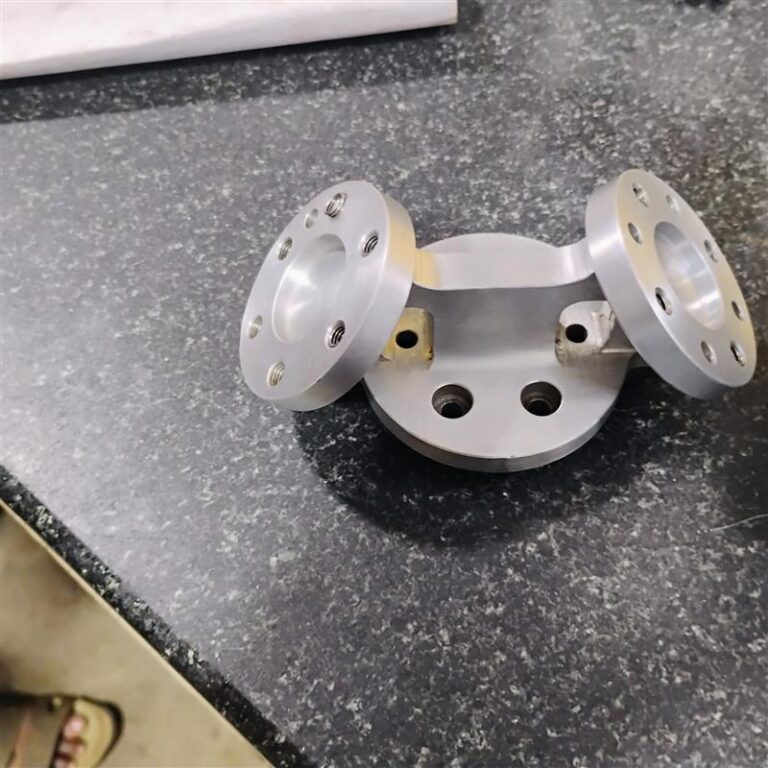
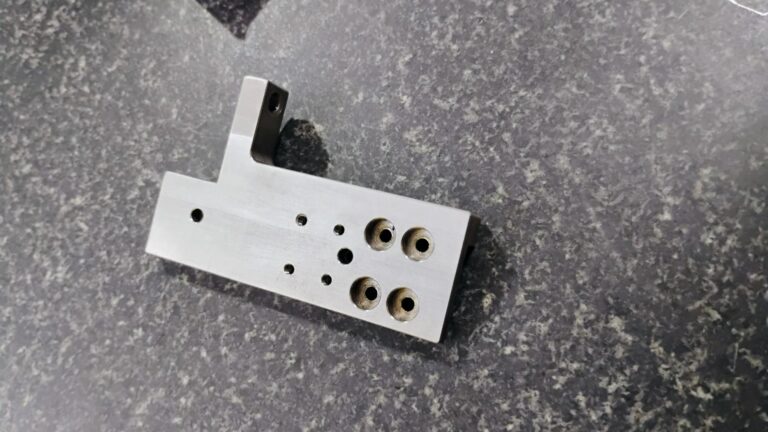
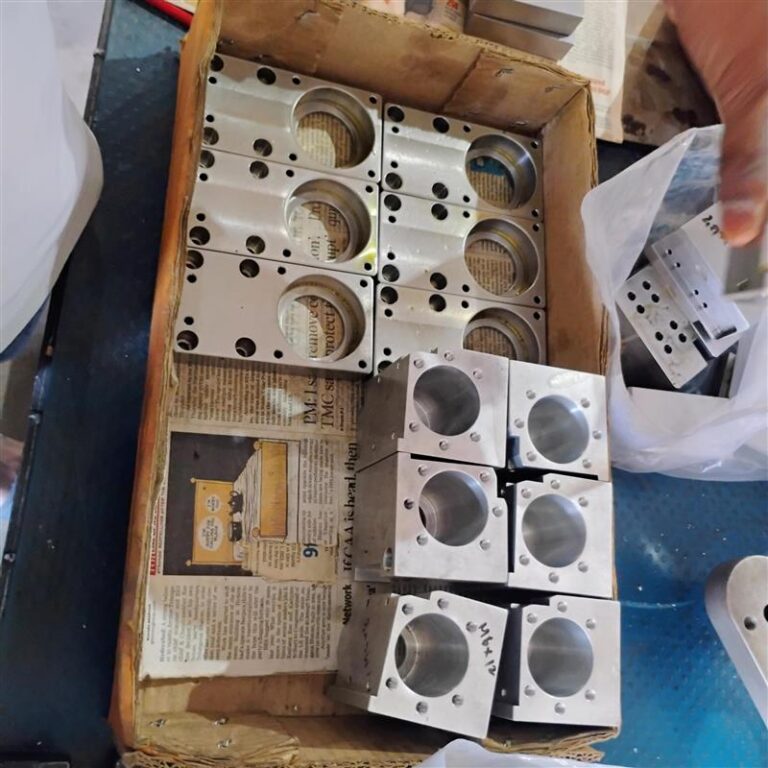
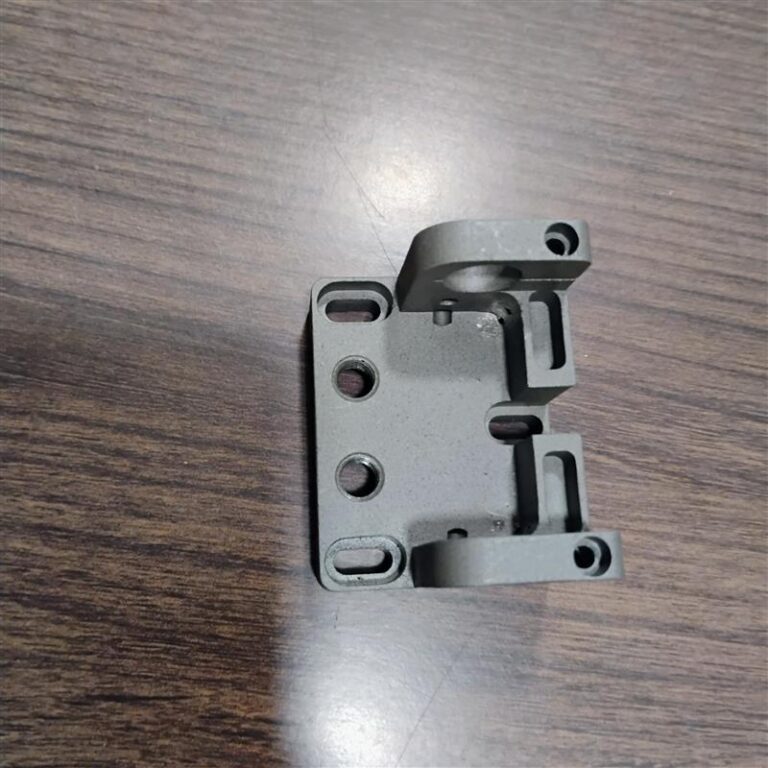
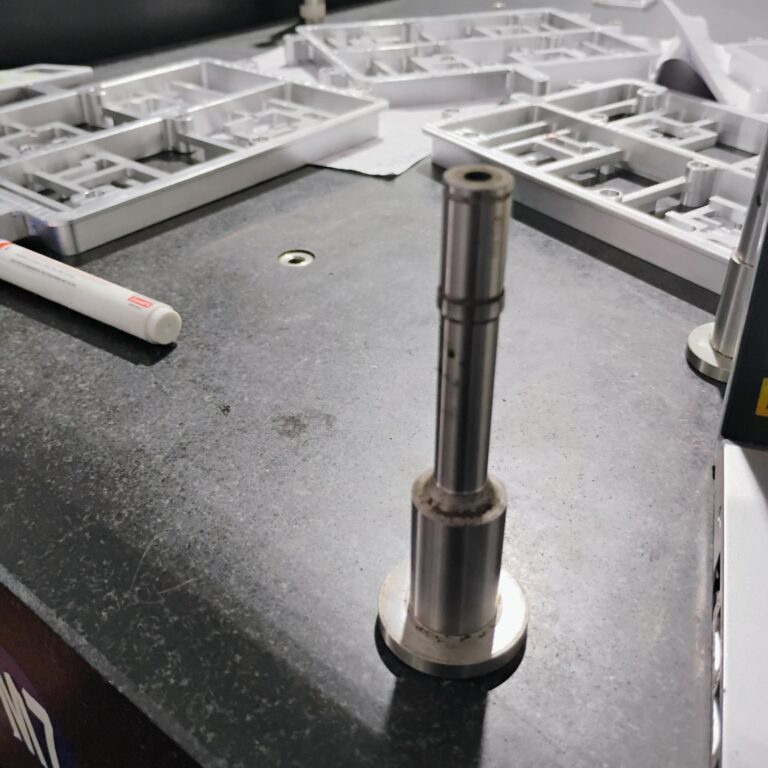
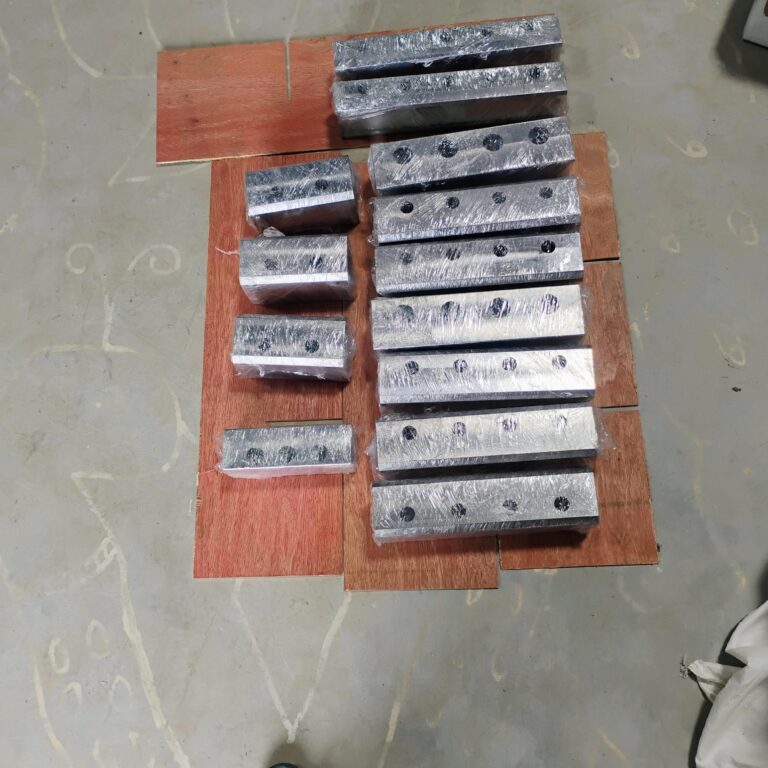


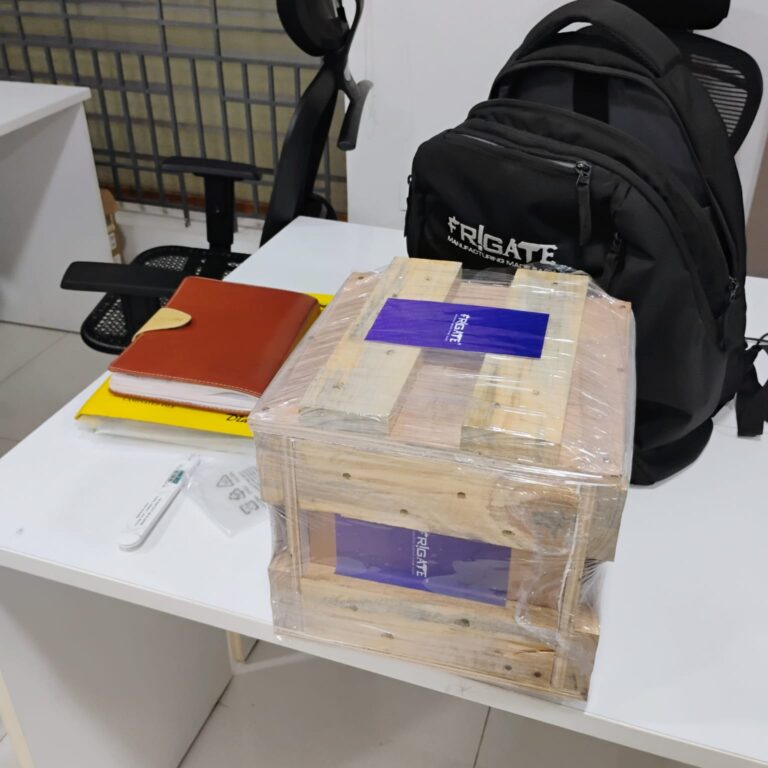



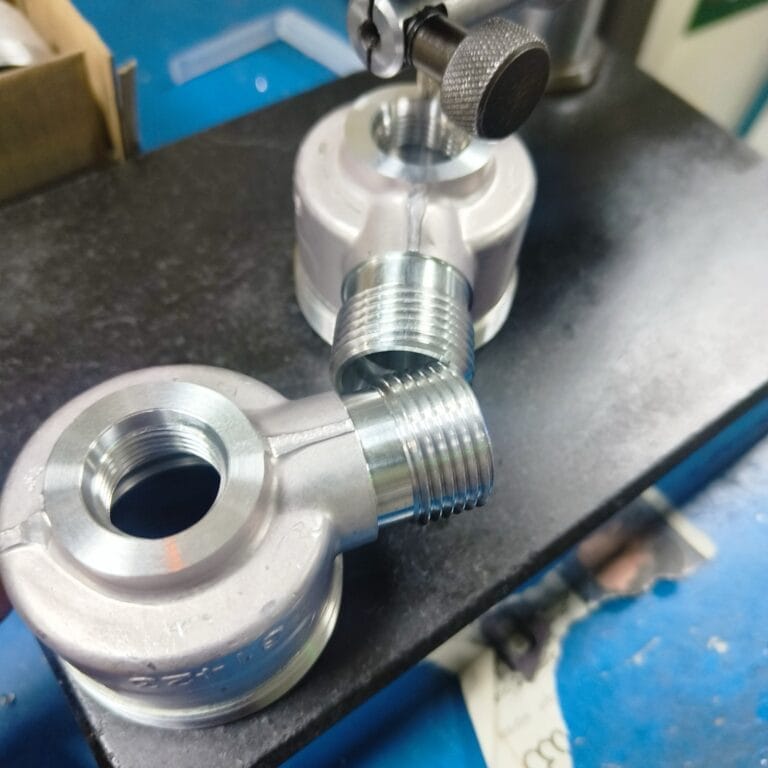
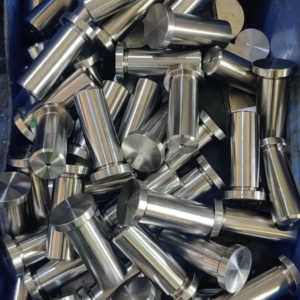
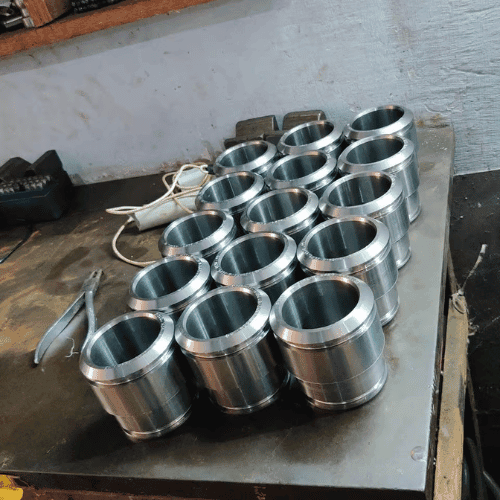
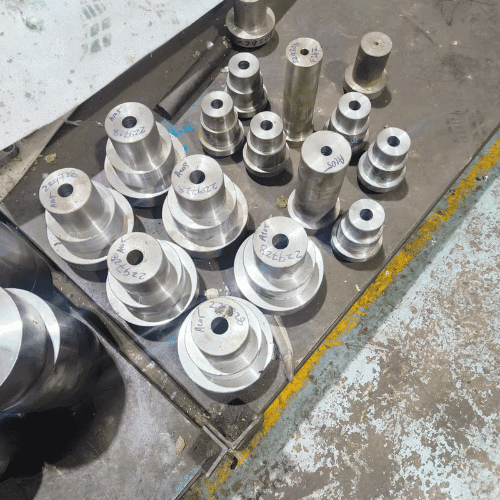
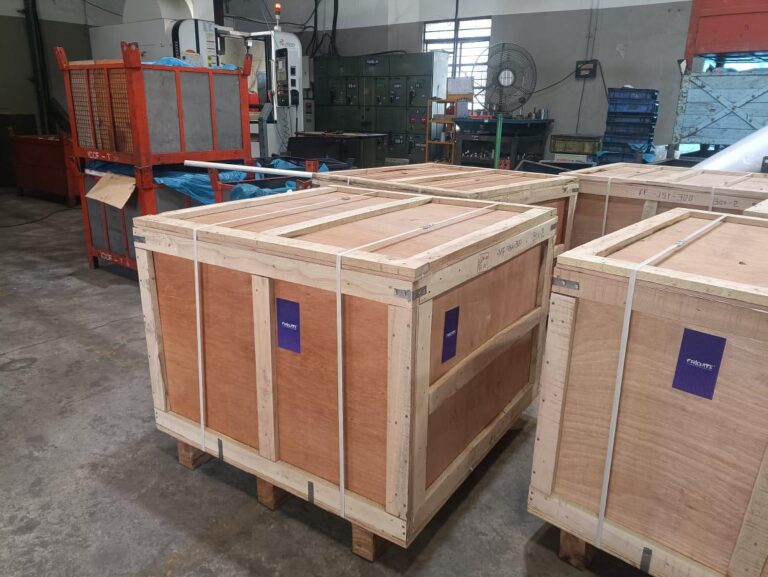
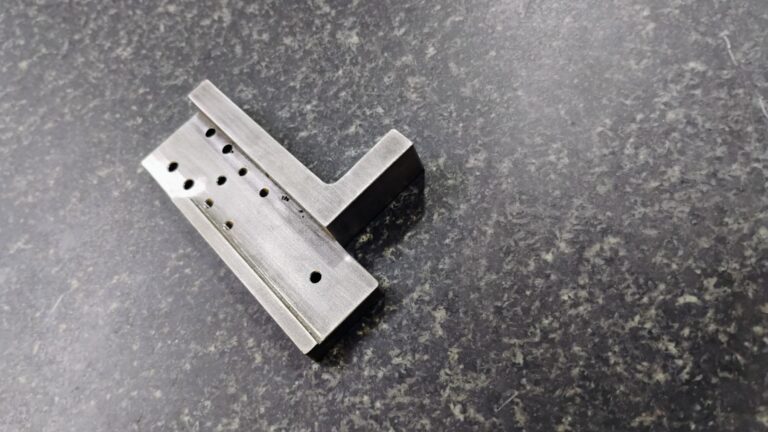
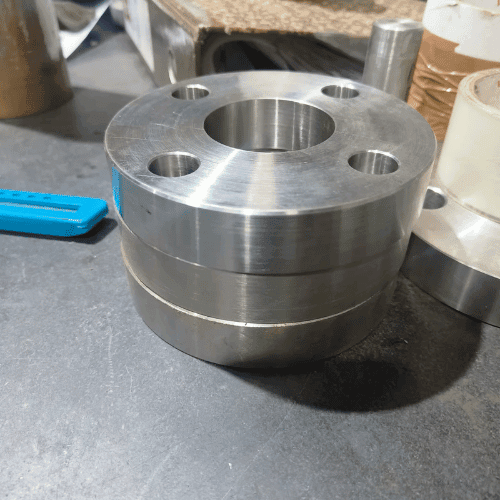
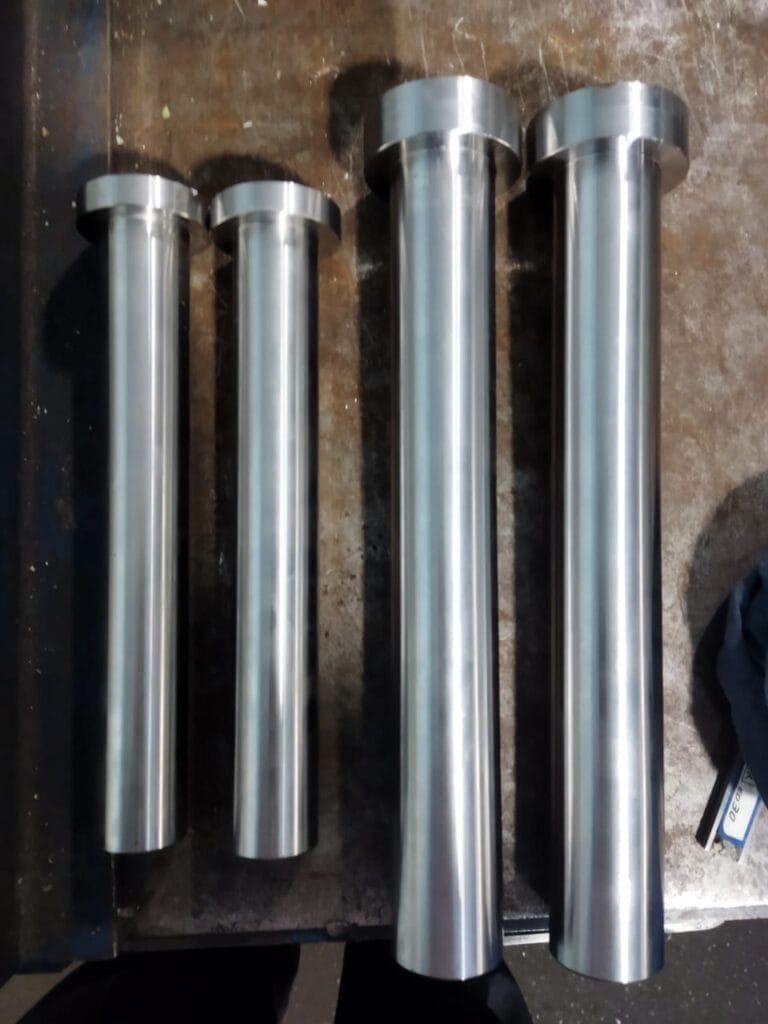

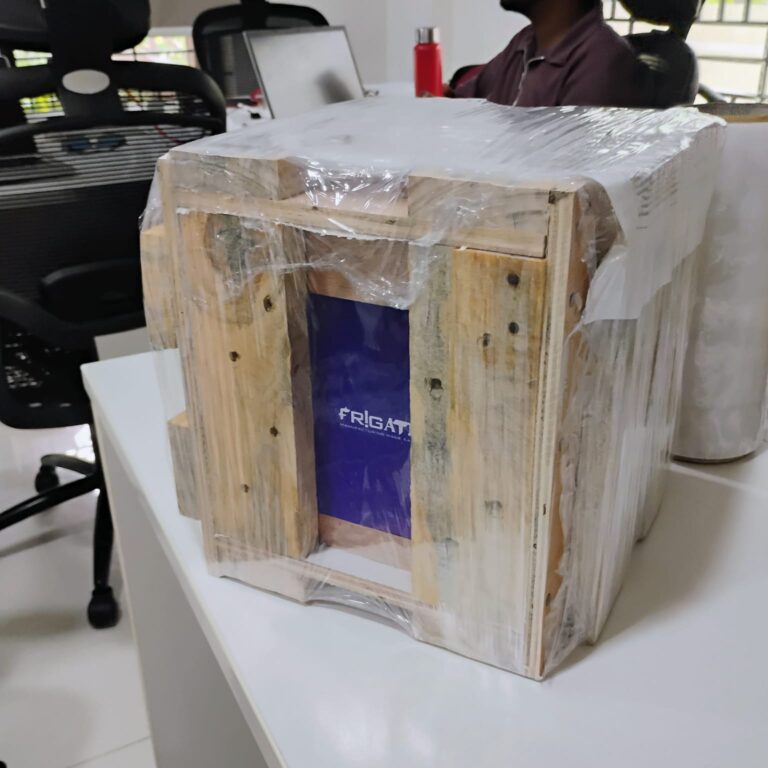

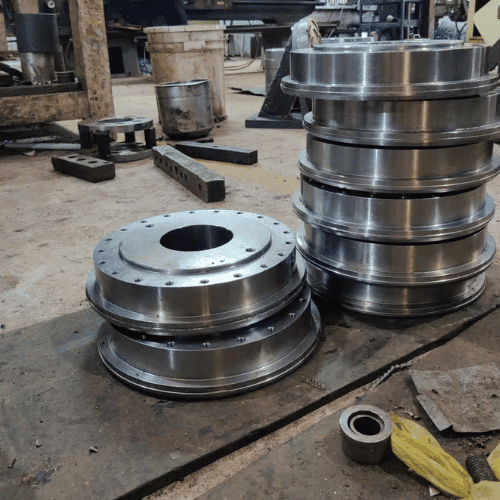
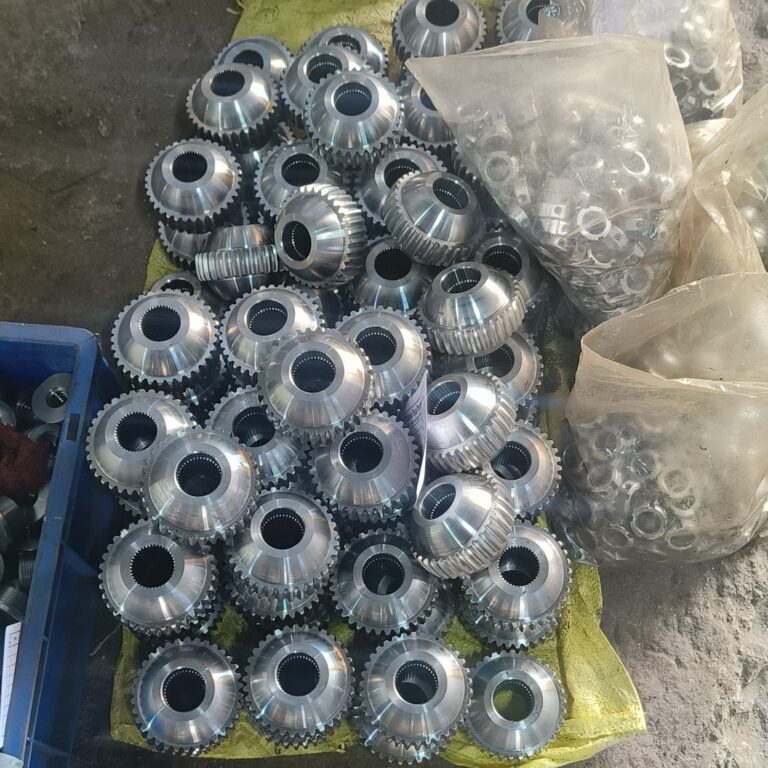
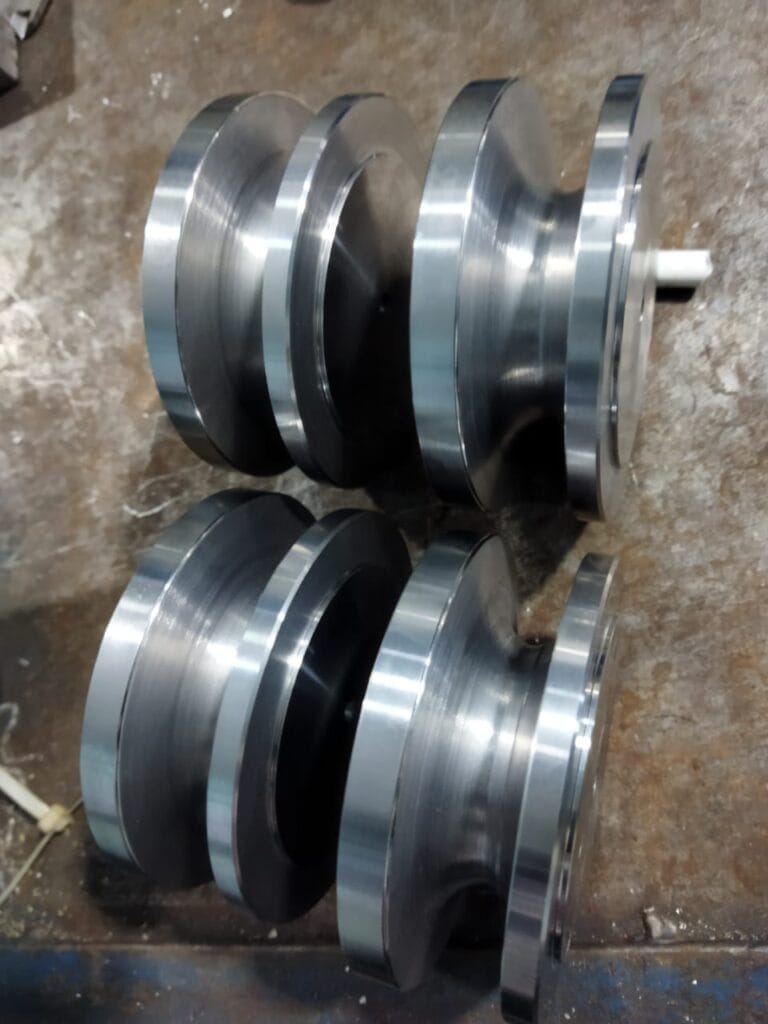
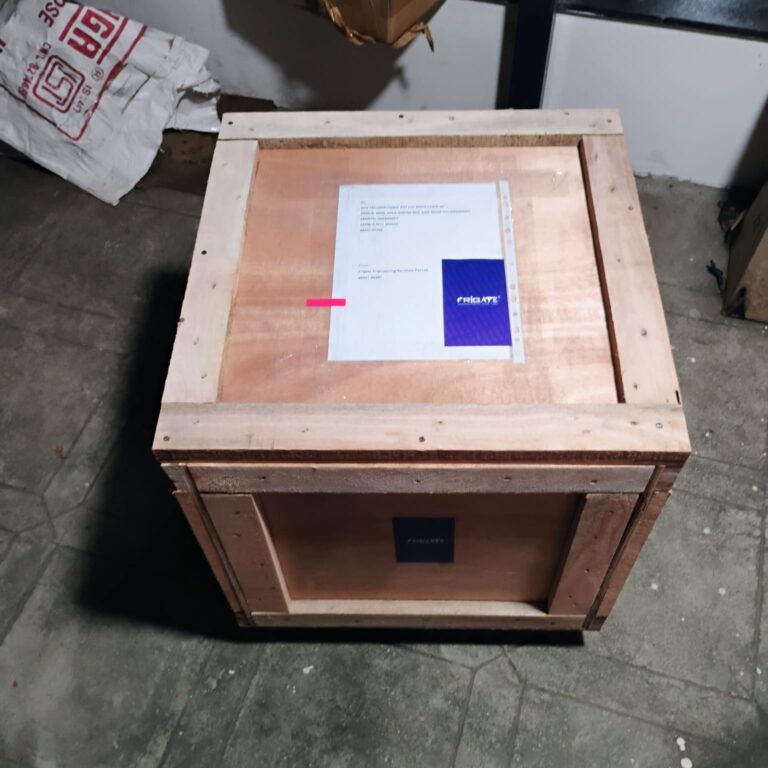
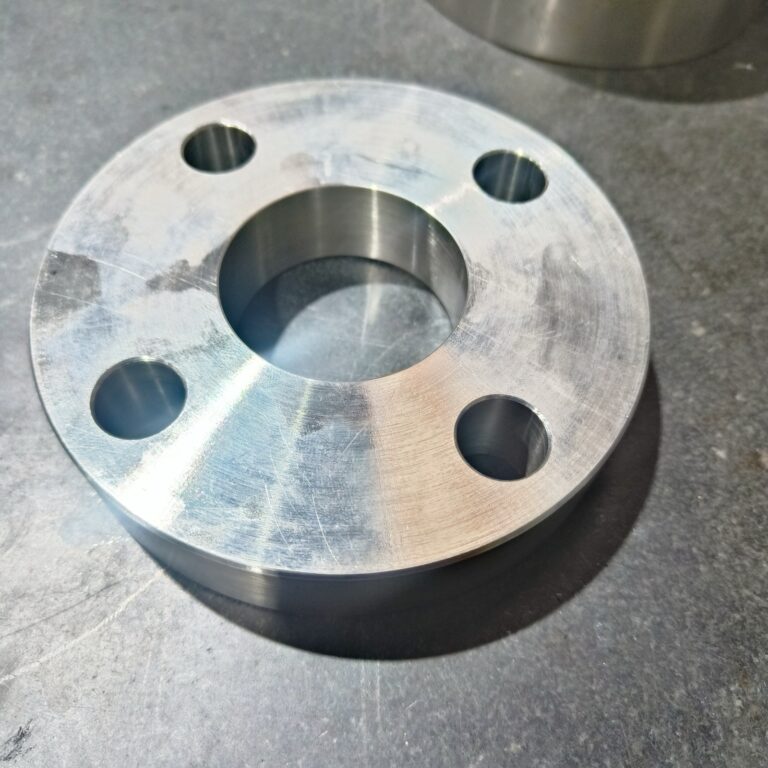
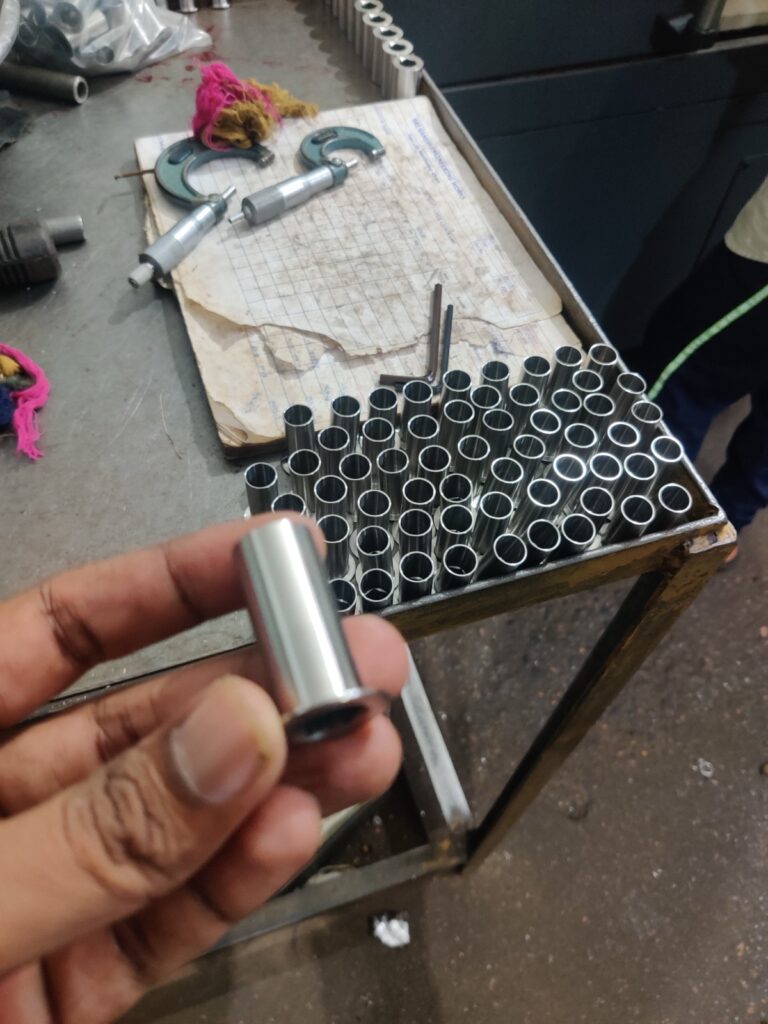
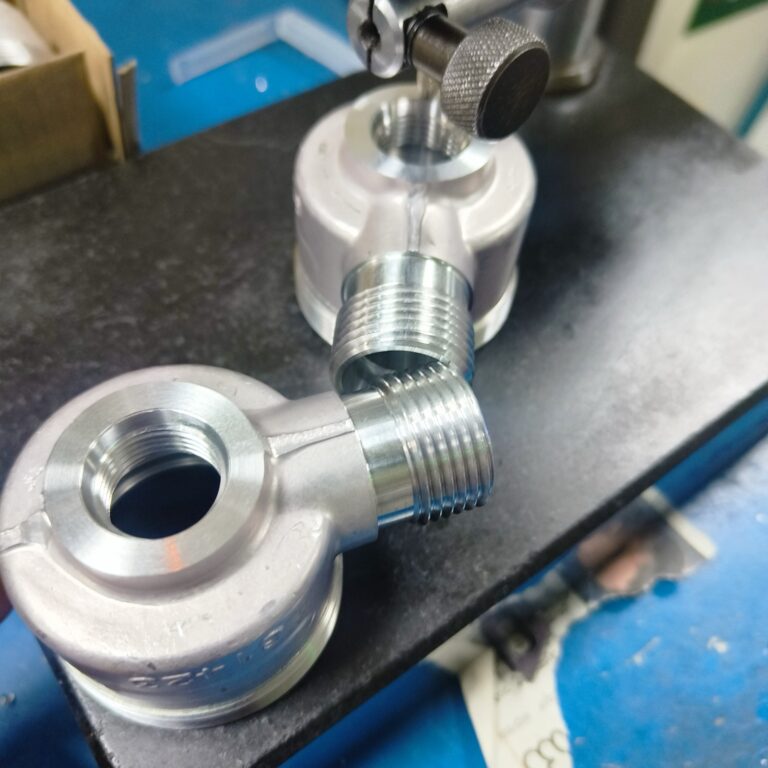
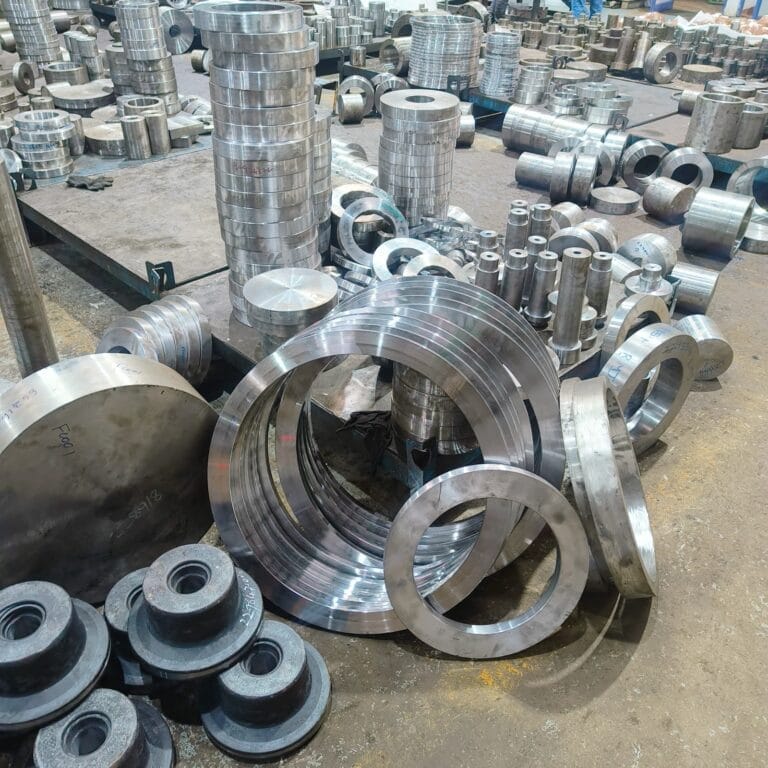
Other Industries We Serve
We deliver machining support across sectors that require consistency, material reliability, and tight dimensional control.
- Solid Progress
Our Manufacturing metrics
Frigate brings stability, control, and predictable performance to your sourcing operations through a structured multi-vendor system.
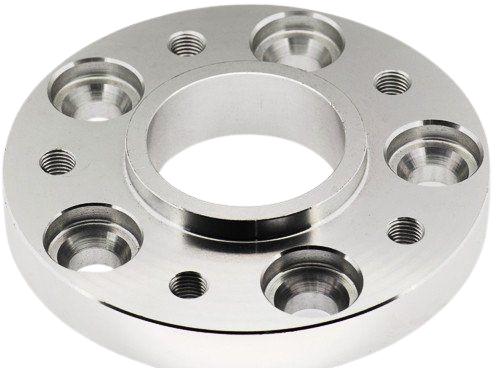
2.8X
Sourcing Cycle Speed
Frigate’s pre-qualified network shortens decision time between RFQ and PO placement.
94%
On-Time Delivery Rate
Structured planning windows and logistics-linked schedules improve project-level delivery reliability.
4X
Multi-Part Consolidation
We enable part family batching across suppliers to reduce fragmentation.
22%
Quality Rejection Rate
Multi-level quality checks and fixed inspection plans lower non-conformities.
30%
Procurement Costs
Optimized supplier negotiations and bulk order strategies reduce your overall sourcing expenses.
20%
Manual Processing Time
Automation of sourcing and supplier management significantly reduces time spent on manual tasks.
Get Clarity with our Manufacturing Insights
- FAQ
Having Doubts? Our FAQ
Check all our Frequently Asked Questions in CNC Milling
Frigate synchronizes work-holding preload with multi-axis compensation tables during G-code generation. Axis movement is pre-stabilized through reverse-step warmup cycles, preventing skew during long toolpaths. Corner engagement speeds are tapered based on feature density mapping to reduce cumulative distortion. Final dimensional checks use laser micrometers at opposing ends to verify tolerances across all asymmetrical zones.
Frigate uses low-rake cutters with polished flutes and sub-0.5 mm corner radii to reduce tearing during fine-slot milling. Feed direction is reversed on the final pass to neutralize exit burr formation. Compressed air cleaning is used during intermediate stages to eliminate chip re-deposition. Post-process edge inspection is done under magnification to confirm a burr-free surface along all channel perimeters.
Frigate aligns each cavity axis with custom reference coordinates before roughing. In-cycle probing updates machine zero between each bore set to adjust for cumulative error. Tool-length offsets are recalibrated dynamically based on cavity depth differentials. Final verification includes CMM concentricity inspection across all depth layers to ensure functional alignment between bore pairs.
Tool pressure is distributed using ultra-fine feed increments and radial engagement below 10%. Frigate sequences machining in alternating passes to balance internal stress. Vacuum fixturing holds flex-prone sections without mechanical clamping distortion. Each pass is evaluated using blue-light scans to confirm surface flatness remains within specified micron thresholds.
Frigate verifies batch material certification prior to machining using handheld spectrometers. Tool coatings are selected to avoid chemical residues and meet ISO 10993 compatibility. Cutting speeds are tuned to maintain material integrity and avoid thermal degradation. Final inspections involve dimensional review and contact-based surface testing to ensure readiness for sterilized use.
We'd love to Manufacture for you!
Submit the form below and our representative will be in touch shortly.
LOCATIONS
Global Sales Office
818, Preakness lane, Coppell, Texas, USA – 75019
Registered Office
10-A, First Floor, V.V Complex, Prakash Nagar, Thiruverumbur, Trichy-620013, Tamil Nadu, India.
Operations Office
9/1, Poonthottam Nagar, Ramanandha Nagar, Saravanampatti, Coimbatore-641035, Tamil Nadu, India. ㅤ
Other Locations
- Bhilai
- Chennai
- Texas, USA
